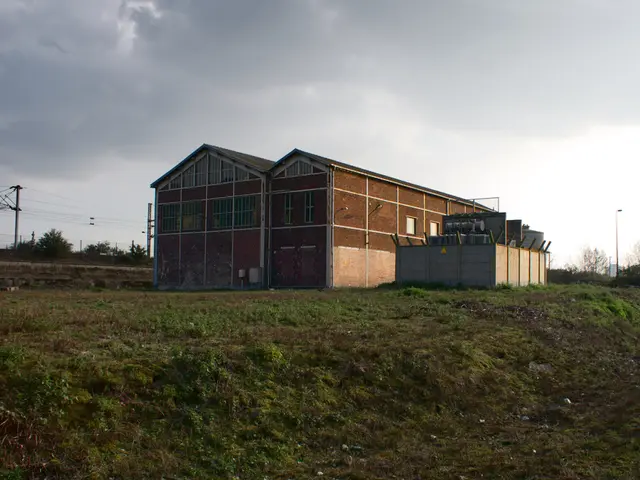Johnson & Johnson Breaks Ground on $2B U.S. Biologics Plant to Avoid Tariffs
Pharmaceutical giant Johnson & Johnson has initiated a significant expansion in the United States, breaking ground on a $2 billion biologics facility in Wilson, North Carolina. This move, along with similar investments by other companies, could help them qualify for an exemption from upcoming 100% tariffs on imported branded drugs, set to commence on October 1, 2025.
The U.S. government plans to impose these tariffs to encourage domestic manufacturing and reduce reliance on foreign pharmaceuticals. Companies are racing against time to start or resume construction of U.S. production facilities before the deadline. Johnson & Johnson's new plant is expected to create hundreds of jobs and contribute significantly to the local economy.
Eli Lilly & Company, another major pharmaceutical firm, has already begun work on a $9 billion LEAP site in Lebanon, Indiana. This project, started in 2023, also puts Lilly in line for potential exemption. Merck & Co., AstraZeneca, and Sanofi, which previously withdrew investment commitments in Britain due to tariff threats, are now under pressure to initiate or accelerate U.S. projects to avoid the steep tariffs.
Meanwhile, European companies without clear U.S. construction plans face higher risks. Novo Nordisk's $4.1 billion project in Clayton, North Carolina, with site preparation underway, may qualify if 'broken ground' is interpreted broadly. AbbVie's $195 million API expansion could also strengthen exemption eligibility if groundbreaking occurs before the deadline. Pfizer has secured a three-year exemption by agreeing to most-favored-nation Medicaid pricing and U.S. investment commitments.
The impending tariffs are expected to significantly reshape the global operating models of pharmaceutical companies, pushing them to localize manufacturing and streamline operations. With the October 2025 deadline approaching, companies are scrambling to qualify for exemptions, investing billions in U.S. facilities and creating jobs. The U.S. government's goal is to boost domestic pharmaceutical production and reduce dependence on foreign imports.
Read also:
- Dual-function mattress offers both cooling and coziness at an affordable price.
- Top-Notch Weed Killers for Fences in 2025: Efficient Boundary Management Solutions for a Clean Fence Line
- Automotive 2024 Event Highlights AI, Data, and Cybersecurity in Supply Chain
- United Kingdom should refrain from hastily deciding on hydrogen home heating, according to Scotland's appeal.








